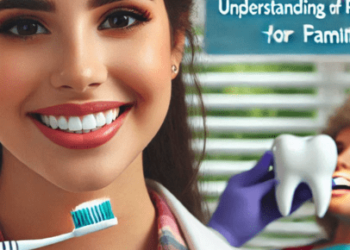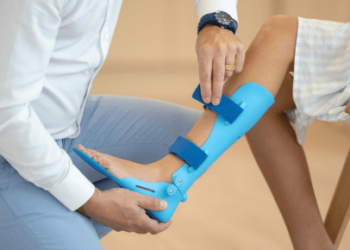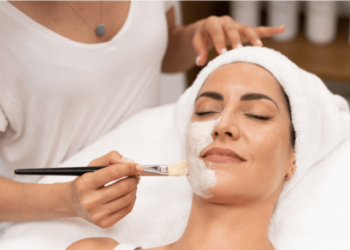
The Importance of Hair Care
Maintaining healthy and beautiful hair is essential for both appearance and confidence. Here are expert tips to help you achieve and maintain luscious locks.
Know Your Hair Type: Tailored Care
Understanding your hair type—whether it’s straight, curly, wavy, fine, or thick—allows you to choose the right hair care products and routines.
Regular Washing: Cleanse Gently
Wash your hair regularly with a mild shampoo to remove dirt, oil, and product buildup, but avoid overwashing as it can strip the scalp of natural oils.
Conditioning: Hydrate and Nourish
Condition your hair after every wash to hydrate, soften, and nourish strands, focusing on the lengths and ends while avoiding the scalp to prevent greasiness.
Deep Conditioning Treatments: Restore Moisture
Treat your hair to deep conditioning treatments once a week to replenish moisture, repair damage, and enhance shine and manageability.
Scalp Care: Keep it Healthy
Pay attention to scalp health by gently massaging it with your fingertips to stimulate circulation and remove dead skin cells, promoting hair growth.
Protective Styling: Minimize Damage
Minimize heat and mechanical damage by opting for protective hairstyles such as braids, buns, or ponytails, especially when sleeping or during exercise.
Heat Styling: Use Heat Protectant
When using heat styling tools such as blow dryers, flat irons, or curling wands, always apply a heat protectant spray to minimize heat damage.
Trim Regularly: Prevent Split Ends
Schedule regular trims every 6-8 weeks to remove split ends and prevent them from traveling up the hair shaft, keeping your hair healthy and free from breakage.
Avoid Tight Hairstyles: Reduce Tension
Avoid hairstyles that pull on the hair follicles, such as tight ponytails, braids, or buns, as they can cause traction alopecia and hair loss over time.
Limit Chemical Treatments: Be Gentle
Minimize chemical treatments such as hair dyeing, bleaching, or perming, as they can weaken the hair structure and cause damage and breakage.
Use a Wide-Tooth Comb: Detangle Gently
Detangle your hair with a wide-tooth comb or a brush specifically designed for wet hair to prevent breakage and minimize hair loss while brushing.
Air Dry Whenever Possible: Reduce Heat Exposure
Allow your hair to air dry whenever possible to minimize heat exposure and preserve its natural texture and moisture balance.
Protect Your Hair from the Sun: Shield Against
UV Rays
Wear a hat or use UV-protective hair products when exposed to the sun for prolonged periods to prevent sun damage and color fading.
Hydrate from Within: Drink Plenty of Water
Stay hydrated by drinking plenty of water throughout the day to nourish hair follicles from within and maintain overall hair health.
Healthy Diet: Nourish Your Hair
Eat a balanced diet rich in vitamins, minerals, and proteins to provide essential nutrients that support healthy hair growth and strength.
Avoid Excessive Brushing: Be Gentle
Limit excessive brushing, especially when hair is wet, as it can cause breakage and damage the hair cuticle, leading to frizz and dullness.
Silk Pillowcase: Minimize Friction
Sleep on a silk or satin pillowcase to minimize friction and reduce hair breakage, tangles, and split ends while promoting smoother and shinier hair.
Regular Exercise: Promote Circulation
Engage in regular exercise to promote blood circulation to the scalp, delivering oxygen and nutrients to hair follicles for healthy growth.
Stress Management: Reduce Hair Loss
Manage stress through relaxation techniques such as yoga, meditation, or deep breathing exercises to reduce hair loss caused by stress-induced factors.
Protect Hair During Swimming: Rinse Before and After
Protect your hair from chlorine and saltwater damage by rinsing it with clean water before and after swimming, and wearing a swim cap if possible.
Avoid Overprocessing: Be Gentle with Color
Avoid overlapping hair dye on previously colored hair to prevent overprocessing and damage, and opt for ammonia-free or gentle hair color formulas.
Natural Hair Masks: DIY Treatments
Treat your hair to natural hair masks made from ingredients such as coconut oil, avocado, honey, or yogurt to nourish, hydrate, and strengthen hair strands.
Professional Hair Care: Seek Expert Advice
Consult a professional hairstylist or trichologist for personalized hair care recommendations, treatments, and solutions for specific hair concerns.
Consistency is Key: Stick to Your Routine
Be consistent with your hair care routine and give products time to work. Results may not be immediate, but with patience and dedication, you’ll achieve healthier and more beautiful hair.










